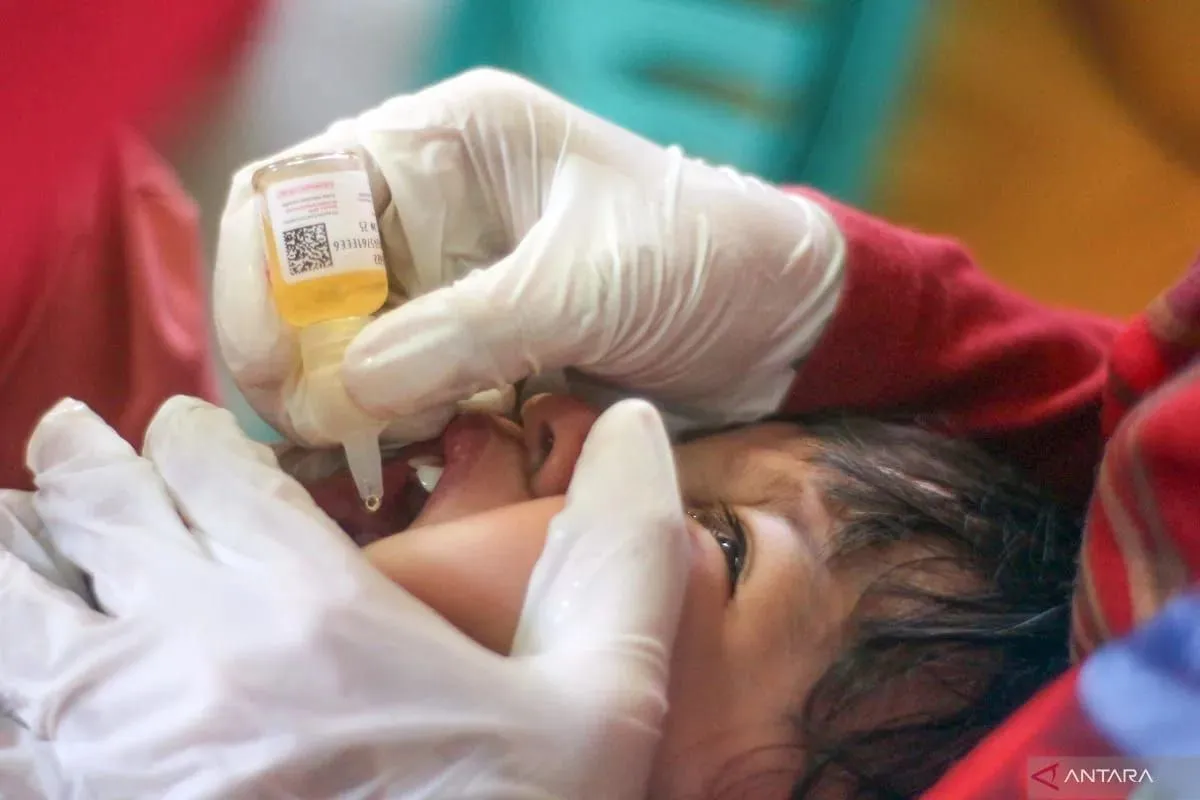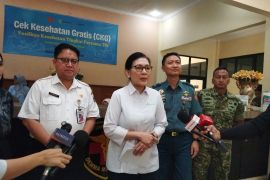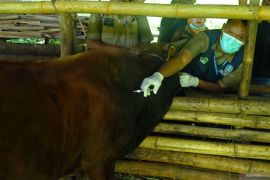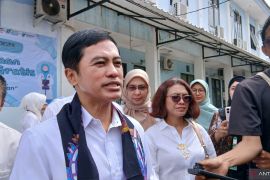The vaccine combines six antigens in one immunization.
"We will start this in three provinces first, Yogyakarta, Bali, and West Nusa Tenggara (NTB), followed by national implementation in 2026," the ministry's director of immunization, Prima Yosephine, informed during a webinar on Friday.
The pentavalent vaccine is intended to prevent diphtheria, tetanus, pertussis, hepatitis B, and Haemophilus influenzae type B (Hib).
She explained that the addition of the antigen is part of the development of antigens that have been implemented in the national immunization program.
She then outlined the complete immunization schedule according to age, starting from birth until a child enters the 6th grade of elementary school.
The schedule also includes Japanese encephalitis immunization for children aged 10 months who live in endemic areas, she added.
"We hope the schedule can be adhered to. The provision of this vaccination is based on research. This is the most ideal time before children are exposed to the germs," she said.
According to Yosephine, the legal basis for immunization provision has been laid by the 1945 Constitution, Law Number 35 of 2014 on Child Protection, and Law Number 17 of 2023 on Health.
"Also in the Regional Government Law No. 23 of 2014 concerning the priority of mandatory government affairs, where immunization is included in one of the mandatory affairs of the regional government, which are stated in the minimum service standards," she added.
In addition, she emphasized that immunization is also a part of the health transformation, under which the state provides 14 antigens through routine immunization, as well as efforts to expand the scope of immunization in Indonesia.
The 14 antigens include three additional antigens, namely the HPV vaccine to prevent cervical cancer, PCV to prevent pneumonia, and the rotavirus vaccine to prevent severe diarrhea, she said.
Yosephine added that national immunization is one of the steps taken by Indonesia to achieve global targets and prevent diseases that are at risk of sparking pandemics.
Related news: Why hepatitis is a lurking global health threat
Related news: Hepatitis is a serious challenge, needs intervention: minister
Translator: Mecca Yumna, Resinta Sulistiyandari
Editor: Rahmad Nasution
Copyright © ANTARA 2025












